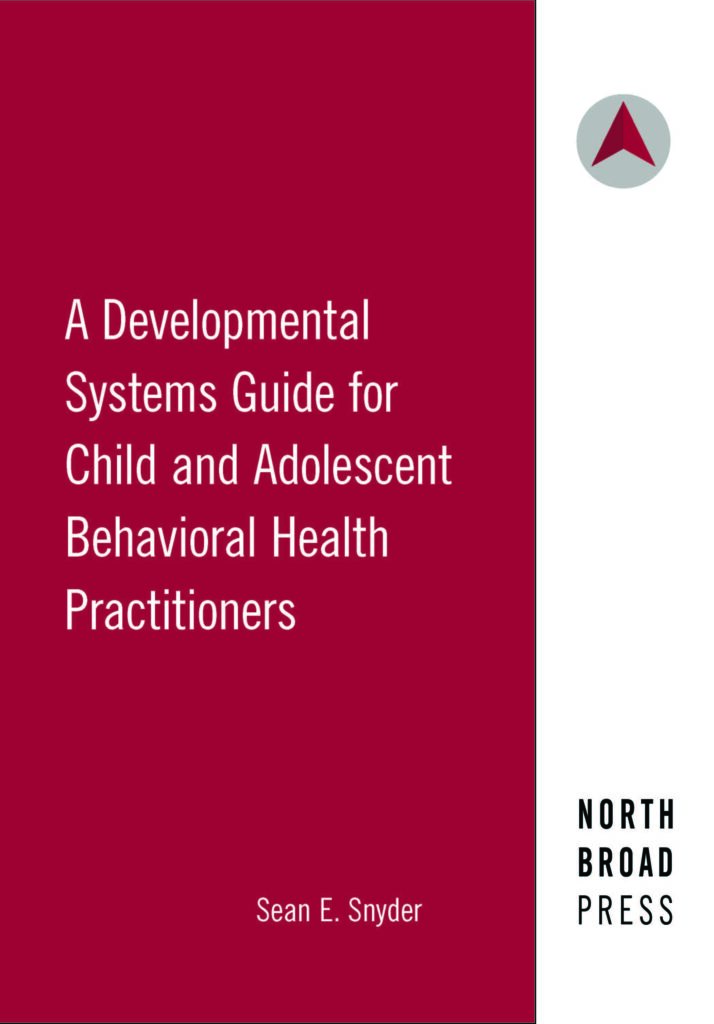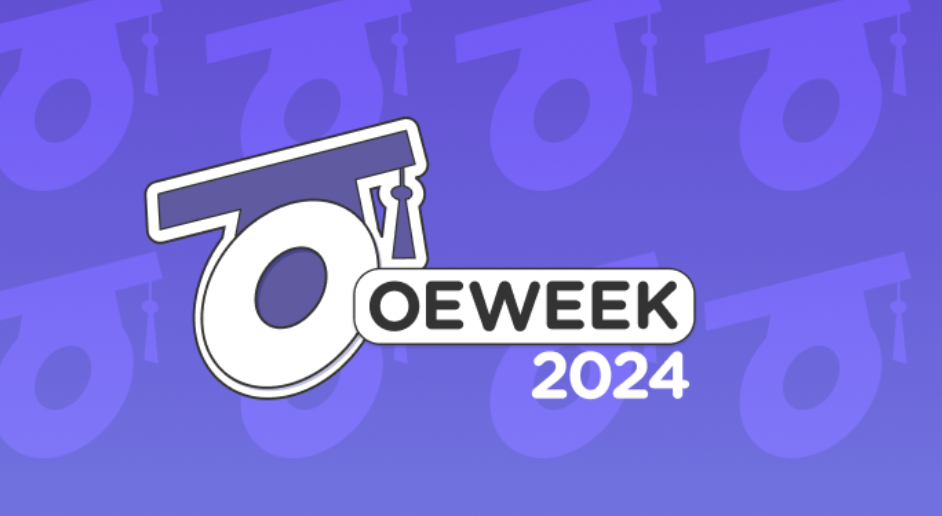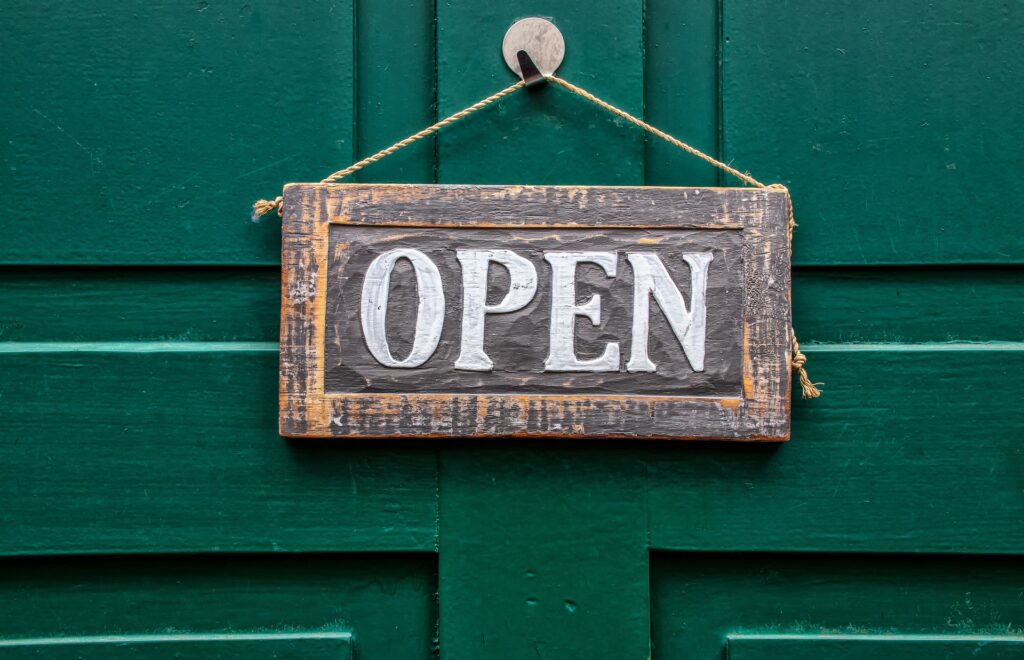Happy Open Education Week! During this week, we celebrate and advocate for open educational resources. Open educational resources (also called OER) are defined by SPARC as “teaching, learning, and research resources that are free of cost and access barriers, which also carry legal permission for open use.” These teaching and learning materials — like videos, slide decks, podcasts, worksheets, and textbooks — are free to access, use, share, and modify in the digital environment without copyright concerns because their creators have given others permission to do so.
Why are open educational resources so important? For students, their biggest appeal is they are zero or low cost. Open textbooks can save students hundreds of dollars each semester. For faculty, OER offer an opportunity to craft course materials that are highly relevant, current, and meaningful for their discipline. In addition to remixing and modifying existing materials, faculty can create new materials or textbooks.

Temple University Libraries and University Press’s joint imprint North Broad Press provides Temple faculty with an opportunity to author their own open textbook. All North Broad Press titles are peer reviewed and freely available online. Check out a list of 15 open textbooks in progress.
To learn more about why Temple faculty are driven to author an open textbook, we spoke with Sean E. Snyder, MSW, LCSW. Sean is a Licensed Clinical Social Worker who has taught courses on child emotional challenges at Temple University and Thomas Jefferson University and has lectured at the University of Pennsylvania. He’s the author a new open textbook, A Developmental Systems Guide for Child and Adolescent Behavioral Health Practitioners, which provides clinicians with actionable evidence-based practices for the assessment, diagnosis, and treatment of child and adolescent mental and behavioral health.
Why did you choose to write A Developmental Systems Guide for Child and Adolescent Behavioral Health Practitioners as an open textbook?
I put myself in the shoes of a student first – how could a class text be helpful and useful to them as they learn to be a therapist or counselor? My thoughts were – it needs to be in very actionable terms and it needs to be available to them when they are done with the course. The hope was that students could come back to the book in their practice – and not be turned away by a paywall.
Going beyond Temple University, we all know there is a crisis of mental healthcare service capacity in the United States. The hope with this textbook was to make what we know from the science and lived experience of how to best support the mental health of children free and easily accessible. It’s putting trustworthy information out in the meta-verse and anchoring some of the core concepts of mental healthcare for children. In the book, Dr. Bruce Chorpita calls this “therapeutic intelligence:”
Therapeutic intelligence refers to the idea that at any given moment, if you knew everything in those 1200 randomized trials, what would you do at any given moment with a child, whether you were a therapist, or whether you were a teacher, or a bus driver, or a soccer coach or anyone else who comes into contact with children? How would you behave in a way that fosters the psychological development, the emotional intelligence, the health and wellness of that child?
An open access textbook is at least a small drop in the bucket towards that vision of therapeutic intelligence in our society.
Your book features many contributing authors and voices. Tell us about this collaborative process and why it was important for this project.
Democratization of knowledge is fundamental to education, learning, and culture, among other things. That means folks can access the knowledge we create but also have access to creating that knowledge base. Coproduction of knowledge requires dialogue of different voices – the partnership that this book required was my favorite part of the process. I got to interact with so many brilliant people from all walks of life, and they all pushed my ongoing learning and personal growth. I am so appreciative of everyone involved in this process.
It was important when reaching out to coauthors that I had the value of access in mind – what voices have been marginalized in academia, how can this book create access in that space for them? How could being a coauthor on this book potentially contribute to their professional paths? The book has so many diverse voices across different aspects of identity- race, ethnicity, primary language, sexual/gender identity and expression, first-gen college student. Again, the best part of this book was working together.
Tell us about the process of publishing this textbook with North Broad Press, the joint open access imprint of the Libraries and Temple University Press.
The process was very collaborative with the folks at North Broad Press (NBP) – we set expectations at the beginning, then they let me “do my thing.” They were supportive of any changes I made to the format or other aspects of the book. I was happy to have two great peer reviewers look at the book as well, especially during a period where getting peer reviewers was hard! Overall, the NBP team made the process feel easy.
You chose a Creative Commons license for your textbook. Were you familiar with Creative Commons prior to this project?
I was familiar with this kind of license because of my exposure to folks working in the “open science” space. The process of selecting a license was new to me – there is some nuance that can allow varying degrees of how someone can use, remix, and adapt. The NBP team walked me through the process and helped me ensure that the license supported the overall aim of increasing access and dissemination of the content.
What advice would you offer faculty who might be considering authoring an open textbook?
The process reminded me a lot of doing a research protocol – set up your SOP and make sure your protocol is set to keep you anchored during the writing process, especially if you have coauthors. Instead of updating an IRB to any changes you want to make to the protocol, you update the publishing team on the changes you hope to make. Give yourself a long enough time horizon to write and revise, knowing that literature can update over the course of writing the book. And of course, let your passion come to life. A book allows you so much space to let that happen.
Thank you, Sean!
If you feel inspired to create an OER, Temple Libraries can support you! For more information about OER, visit our Discovering Open Educational Resources guide. Contact your subject librarian if you want help locating and implementing OER in your courses. If you’re interested in writing your own open textbook, contact Mary Rose Muccie (maryrose.muccie@temple.edu) and Alicia Pucci (alicia.pucci@temple.edu) for more information.





